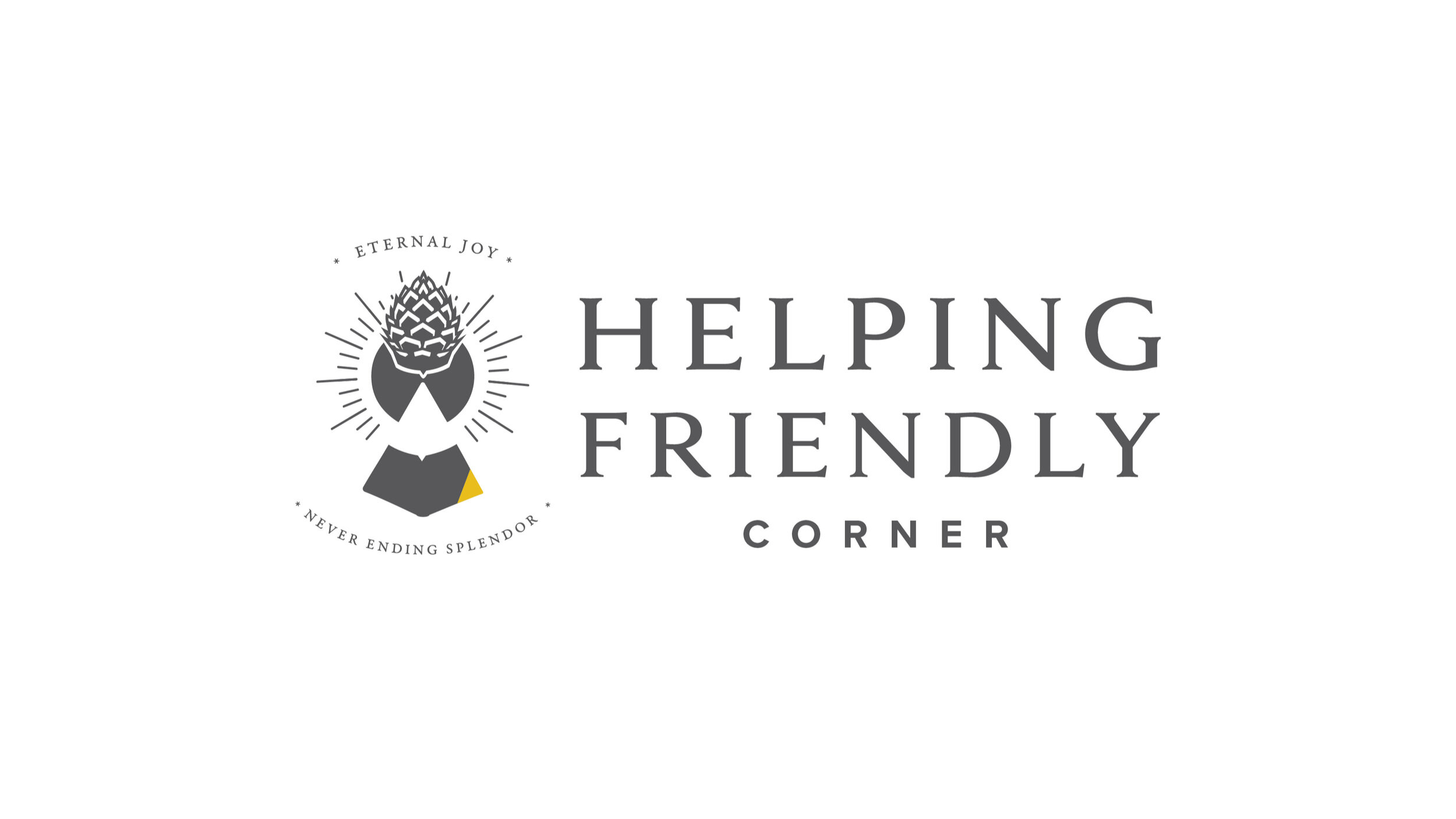24 : Primary Empirical Reality
/Continued from yesterday…
That was all he had to say to the mystic objections to a Metaphysics of Quality. He next turned to those of logical positivism:
Positivism is a philosophy that emphasizes science as the only source of knowledge. It sharply distinguishes between fact and value, and is hostile to religion and traditional metaphysics. It is an outgrowth of empiricism, the idea that all knowledge must come from experience, and is suspicious of any thought, even a scientific statement, that is incapable of being reduced to direct observation. Philosophy, as far as positivism is concerned, is limited to the analysis of scientific language.
Phaedrus had taken a course in symbolic logic from a member of logical positivism's famed Vienna circle, Herbert Feigl, and he remembered being fascinated by the possibility of a logic that could extend mathematical precision to solve problems of philosophy and other areas. But even then the assertion that metaphysics is meaningless sounded false to him. As long as you're inside a logical, coherent universe of thought you can't escape metaphysics. Logical positivism's criteria for 'meaningfulness' were pure metaphysics, he thought.
But it didn't matter. The Metaphysics of Quality not only passes the logical positivists' tests for meaningfulness, it passes them with the highest marks. The Metaphysics of Quality restates the empirical basis of logical positivism with more precision, more inclusiveness, more explanatory power than it has previously had. It says that values are not outside of the experience that logical positivism limits itself to. They are the essence of this experience. Values are more empirical, in fact, than subjects or objects.
Any person of any philosophic persuasion who sits on a hot stove will verify without any intellectual argument whatsoever that he is in an undeniably low-quality situation: that the value of his predicament is negative. This low quality is not just a vague, woolly-headed, crypto-religious, metaphysical abstraction. It is an experience. It is not a judgment about an experience. It is not a description of experience. The value itself is an experience. As such it is completely predictable. It is verifiable by anyone who cares to do so. It is reproducible. Of all experience it is the least ambiguous, least mistakable there is. Later the person may generate some oaths to describe this low value, but the value will always come first, the oaths second. Without the primary low valuation, the secondary oaths will not follow.
The reason for hammering on this so hard is that we have a culturally inherited blind spot here. Our culture teaches us to think it is the hot stove that directly causes the oaths. It teaches that the low values are a property of the person uttering the oaths.
Not so. The value is between the stove and the oaths. Between the subject and the object lies the value. This value is more immediate, more directly sensed than any 'self or any 'object' to which it might be later assigned. It is more real than the stove. Whether the stove is the cause of the low quality or whether possibly something else is the cause is not yet absolutely certain. But that the quality is low is absolutely certain. It is the primary empirical reality from which such things as stoves and heat and oaths and self are later intellectually constructed.
Once this primary relationship is cleared up an awful lot of mysteries get solved. The reason values seem so woolly-headed to empiricists is that empiricists keep trying to assign them to subjects or objects. You can't do it. You get all mixed up because values don't belong to either group. They are a separate category all their own.
What the Metaphysics of Quality would do is take this separate category, Quality, and show how it contains within itself both subjects and objects. The Metaphysics of Quality would show how things become enormously more coherent — fabulously more coherent — when you start with an assumption that Quality is the primary empirical reality of the world . . .
. . . but showing that, of course, was a very big job . . .
- from Lila by Robert Pirsig


